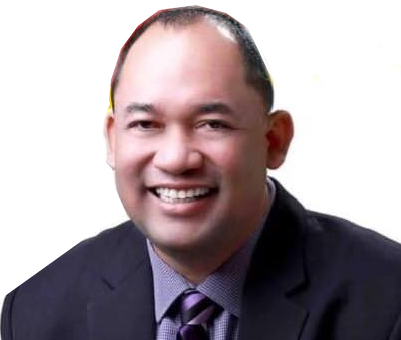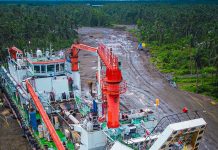
TACLOBAN CITY– Three committees of the Leyte Sangguniang Panlalawigan will jointly investigate the reported disposal of hazardous medical waste transported from Mandaue City, Cebu to a treatment facility in Isabel town, Leyte citing environmental and health concerns.
The committees on environment and natural resources, health, and disaster risk reduction will lead the inquiry following concerns raised by Leyte 5th district Board Member Atty. Carlo Loreto during the inaugural session of the provincial board.
“We need to protect our province. Leyte is where we live—where our children go to school, where we eat and sleep. That is why we must ensure our environment and communities are safe,” he said.
Loreto emphasized that medical waste generated outside the province should not be dumped or treated within Leyte, and called for accountability among those involved.
The investigation will include summoning officials from Cleanaway Philippines Inc., the company operating the treatment facility inside the Leyte Industrial Development Estate (LIDE) in Isabel, as well as representatives from the Environmental Management Bureau (EMB) of the Department of Environment and Natural Resources (DENR).
“We are demanding full cooperation from all agencies, including the EMB. If they refuse to cooperate, we will be constrained to file the necessary civil, criminal, and administrative cases,” Loreto warned.
In addition to the joint hearing, Loreto also filed a resolution urging that any medical waste already transported from Mandaue to Isabel be returned to its point of origin.
Initial reports received by the provincial board indicated that several drums of medical waste from Mandaue have already arrived at Cleanaway’s facility. The shipments are said to be part of more than 300 drums containing potentially hazardous materials such as used syringes, blood-soaked bandages, broken fluorescent lamps, chemical containers, and other infectious waste.
Cleanaway Philippines Inc. explained that the waste undergoes autoclaving—a sterilization process using high-pressure steam to kill pathogens—before final disposal in its secured landfill within LIDE. The company added that its Isabel facility serves multiple clients across the Visayas region.
The issue has sparked concern among local officials and environmental advocates, who are calling for stricter oversight and clearer policies on the cross-border transport of hazardous waste.
(ROEL T. AMAZONA)



